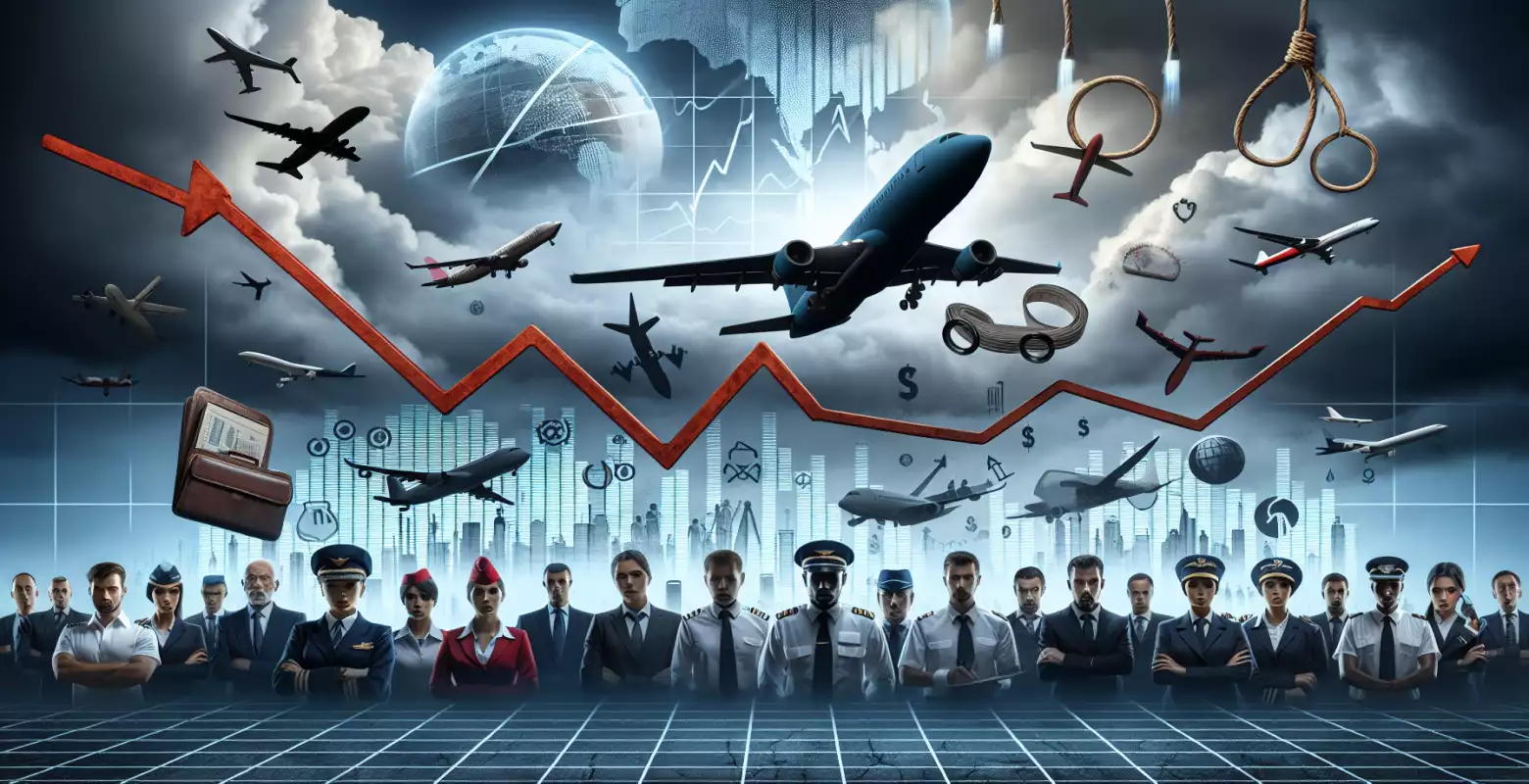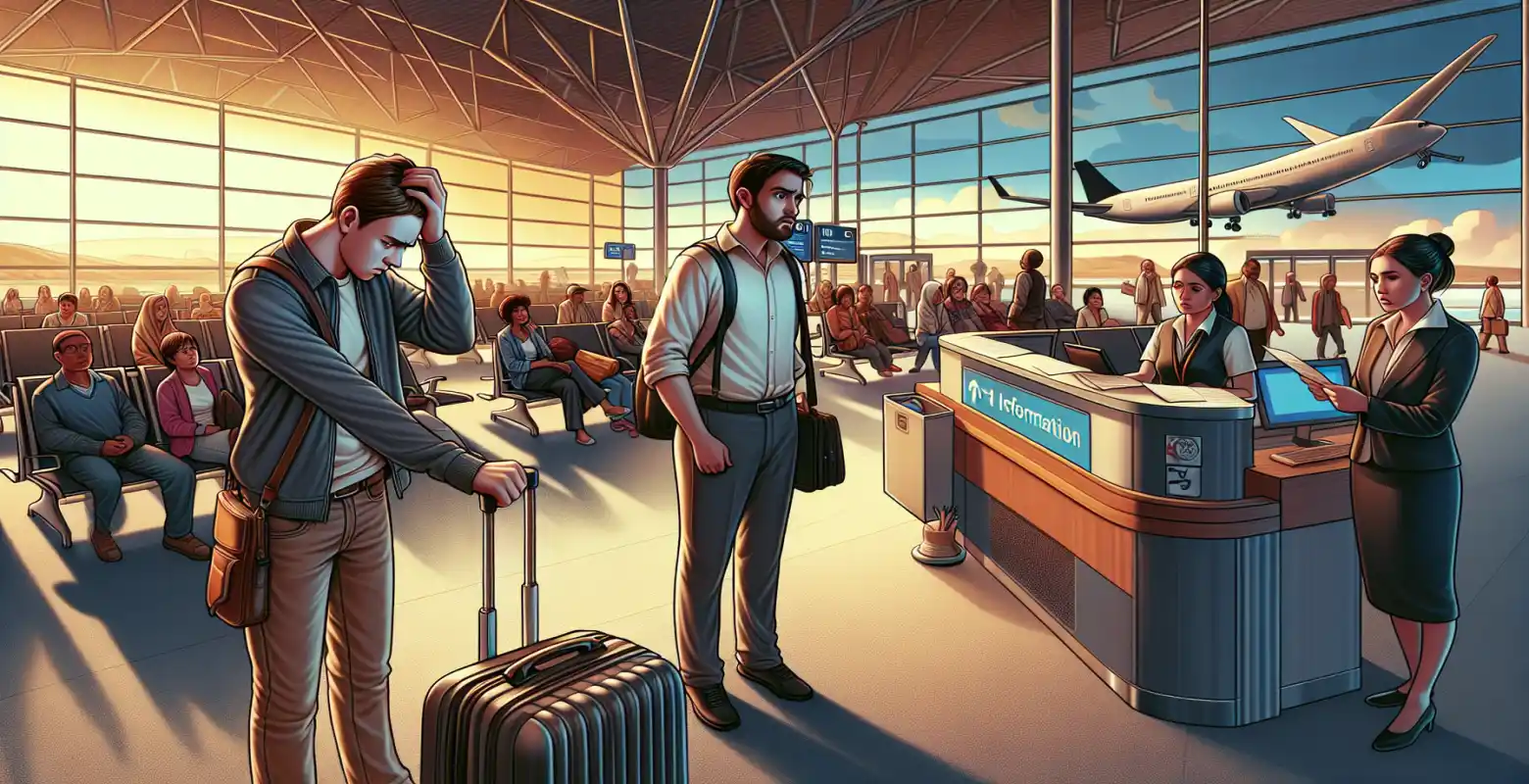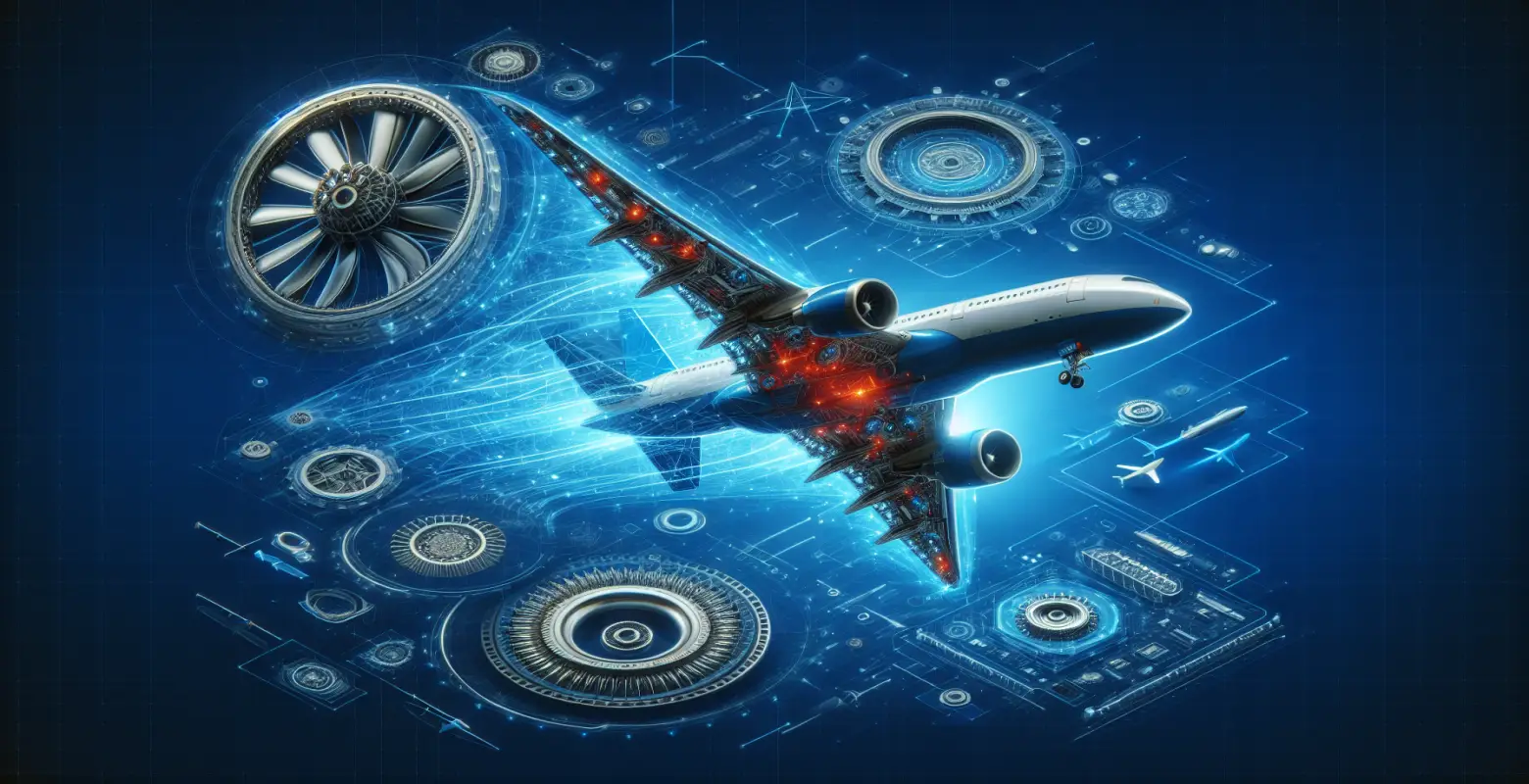How do global crises affect the aviation industry?
Introduction
The aviation industry plays a crucial role in the global economy, enabling fast and efficient transportation of people and goods worldwide. However, in recent years, it has also become particularly vulnerable to various global crises that significantly impact its operations. From the COVID-19 pandemic to armed conflicts and climate change - each of these events leaves a lasting mark on how this sector functions. This article aims to explore how such global crises affect the aviation industry, the challenges and opportunities they bring, and what future development directions may be in this area.
The COVID-19 Pandemic and Its Impact on Aviation
The COVID-19 pandemic, which began in early 2020, posed an unprecedented challenge to the aviation industry. Faced with global lockdowns and travel restrictions, airlines had to deal with a drastic drop in passenger numbers. According to the International Air Transport Association (IATA), in 2020, passenger traffic decreased by over 60% compared to the previous year.
In response to the crisis, many airlines were forced to reduce their fleets, lay off employees, and seek financial assistance from governments. The pandemic also led to the accelerated implementation of new technologies, such as contactless check-ins or enhanced air filtration systems on aircraft. The long-term effects of the pandemic also include changes in passenger preferences, with a greater emphasis on domestic and regional travel and the increasing popularity of charter flights.
Armed Conflicts and Geopolitics
Armed conflicts and geopolitical tensions have a significant impact on the aviation industry, affecting air routes, fuel prices, and the safety of aviation operations. An example can be seen in the conflict in Ukraine, which resulted in flight route changes to avoid airspace over conflict zones. Such changes can lead to longer routes and, consequently, increased operational costs.
Geopolitics also influence aviation fuel prices, which constitute a significant percentage of airlines' operational costs. Instability in regions producing crude oil can lead to price hikes, affecting ticket prices and the profitability of aviation operations. Moreover, international sanctions can restrict access to certain markets, forcing airlines to adjust their business strategies.
Climate Change and Environmental Regulations
Climate change poses another challenge for the aviation industry. It is responsible for approximately 2-3% of global CO2 emissions, placing it increasingly under regulatory scrutiny. In response to growing social and regulatory pressure, airlines are investing in new technologies aimed at reducing emissions, such as biofuels, more efficient engines, or electric aircraft.
The European Union is introducing increasingly stringent emission standards, forcing airlines to adapt to new regulations. In the long run, these changes may lead to increased operational costs but also open up new opportunities, such as the development of sustainable fuels and innovative aviation technologies.
Technological Innovations as a Response to Crises
Crises often accelerate the implementation of technological innovations, which is particularly evident in the aviation industry. The COVID-19 pandemic increased the demand for technologies that minimize contact between passengers and airport staff, such as automated biometric gates or mobile check-in apps. Simultaneously, technologies aimed at increasing operational efficiency, such as artificial intelligence for flight route optimization, are being developed.
In the context of climate change, airlines are investing in research on sustainable fuels, such as biofuels, which can significantly reduce CO2 emissions. Work on electric aircraft is also gaining importance, although the full implementation of such technologies still requires time and infrastructure development.
The Future of the Aviation Industry in the Face of Global Crises
The future of the aviation industry will largely depend on its ability to adapt to changing global conditions. Faced with future crises, such as potential new pandemics or climate change, investing in innovation and sustainable development will be crucial. Airlines will also need to flexibly respond to changing passenger preferences, with a growing emphasis on more environmentally friendly and safe forms of travel.
In the long run, it is possible that the aviation sector will become more balanced and resilient to external shocks. Investments in new technologies, international cooperation, and sustainable business practices can contribute to creating a more resilient and environmentally friendly aviation sector.
Summary
The aviation industry is inherently linked to global crises that impact its operations on multiple levels. The COVID-19 pandemic, geopolitics, and climate change pose serious challenges but also open up new opportunities for innovation and sustainable development. Faced with these challenges, it is crucial for the aviation industry to be prepared to adapt and implement new technologies that meet social and regulatory expectations.
Ultimately, the future of aviation will depend on its ability to adapt to changing conditions and find a balance between the need for development and environmental responsibility. For readers, this means a conscious approach to choosing a mode of travel and supporting sustainable practices in the aviation industry.






Number of comments: 0